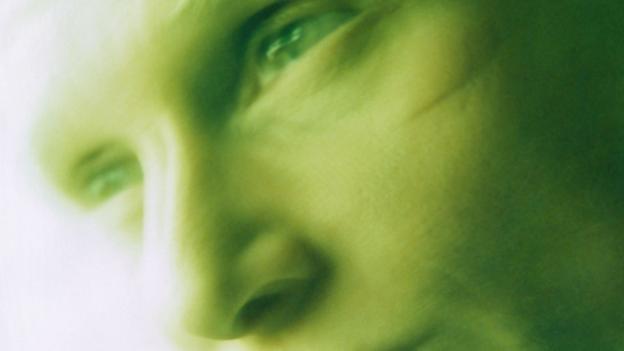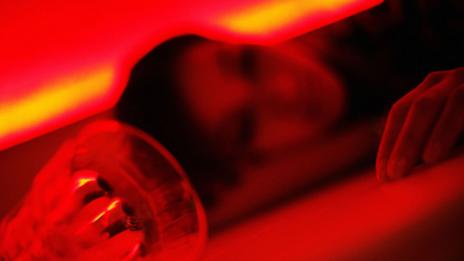
What's life like when you get drunk on rice and potato? (Getty Images)
A few people become inebriated simply by eating carbohydrates – what’s going on in the body? Helen Thomson reports.
At first, Nick Hess didn’t really know what was happening. “It was
weird, I’d eat some carbs and all of a sudden I was goofy, vulgar.”It was the highest amount of yeast I’ve ever seen in one personHe would get inexplicably sick, with stomach pains and headaches. “Every day for a year I would wake up and vomit,” he says. “Sometimes it would come on over the course of a few days, sometimes it was just like ‘bam! I’m drunk’.”
No alcohol had passed his lips, but not everyone believed him. At one point, his wife searched the house from top to bottom for hidden bottles of booze. “I thought everyone was just giving me a rough time, until my wife filmed me and then I saw it – I looked drunk.”
Hess would come to realise that he suffers from “auto-brewery syndrome”, a very rare and somewhat controversial medical condition in which an overgrowth of yeast in the gut turns carbohydrates from food into excess alcohol in the blood. What’s it like to live with this odd condition? And if it turns out that many people are being mistaken for alcohol-abusers by everyone from their friends to the courts, what should we do about it?

Auto-brewery syndrome was first noticed in Japan in the 1970s (Thinkstock)
Everyone has a little bit of yeast in their guts, and when it interacts with carbohydrates and sugar from our food, it produces tiny amounts of alcohol. In the case of the Japanese patients, the extra yeast from the infection and the fact they ate lots of carbohydrate-rich rice, combined with the abnormal liver enzyme, meant they couldn’t process the alcohol quick enough.
Nowadays, it’s Barbara Cordell, head of nursing and health sciences at Panola College in Texas, who is investigating the condition. She and her colleague Justin McCarthy, were the first to identify the disorder in an otherwise healthy individual in the US, and verify it in a controlled environment. Her interest began in 2005 after a friend of hers – let’s call him Joe – began experiencing symptoms of drunkenness. He was dizzy, nauseous and moaned of exhaustion – just like you feel after a night on the tiles – despite claiming that he hadn’t touched a drop of the hard stuff.
No comments:
Post a Comment